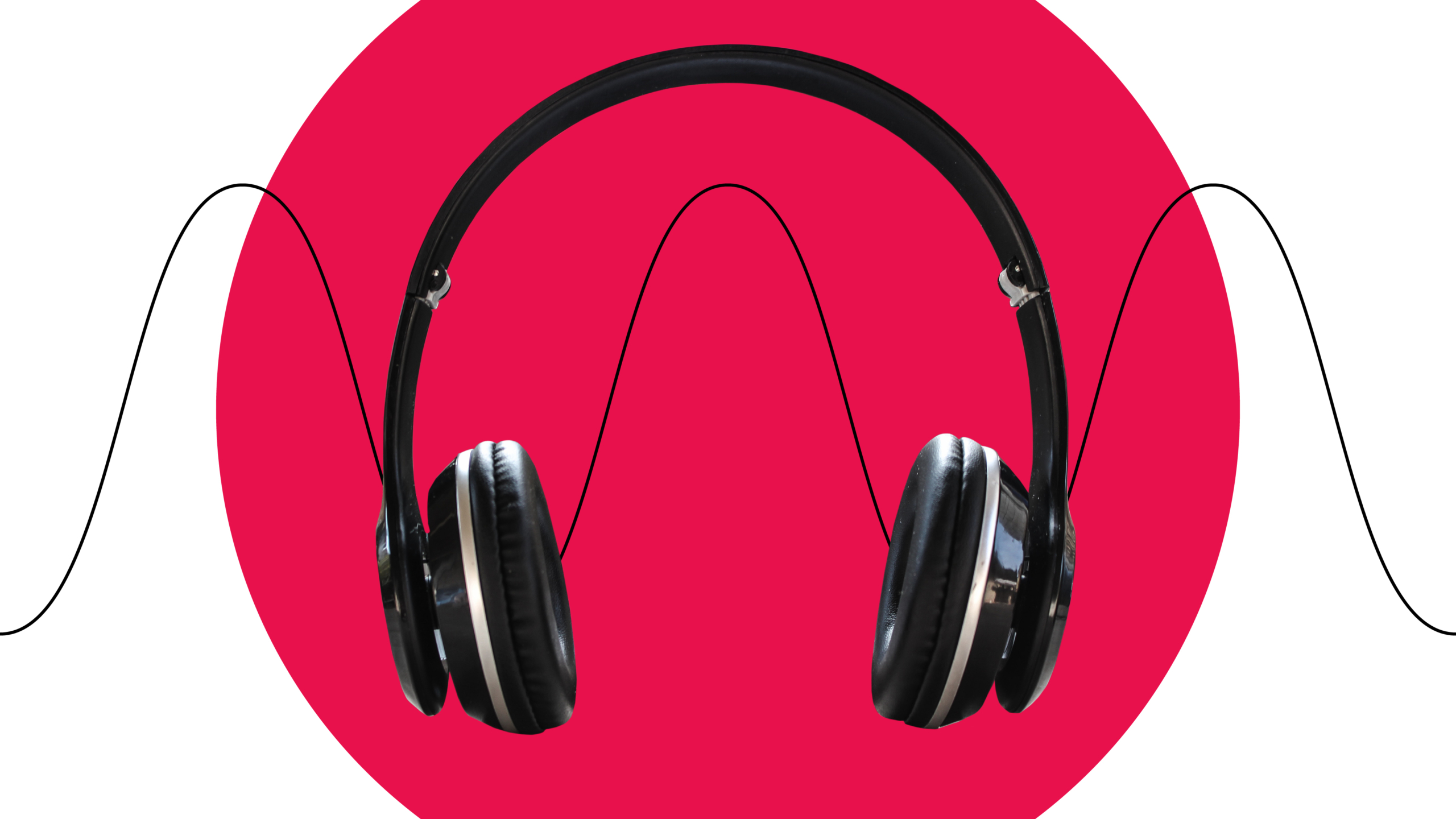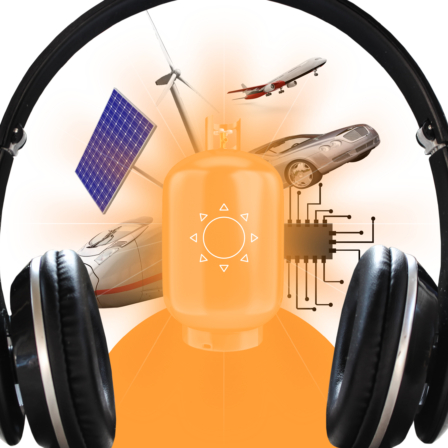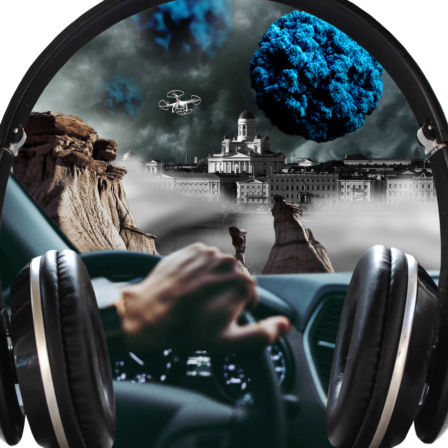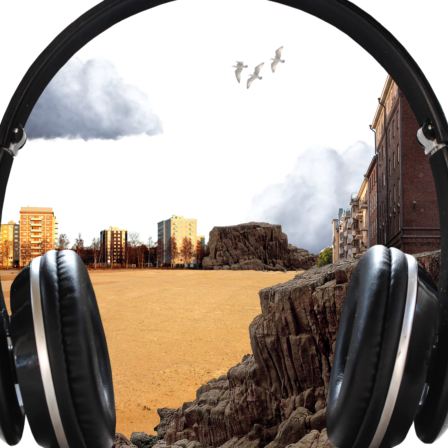We have many kinds of assumptions about the future that we need to be aware of as they influence our actions in the present. In this exercise, the participants listen to one description of a future and then challenge it.
The audio sketches represent exaggerated versions of prevailing visions of the future. They’re not intended to be forecasts or descriptions of preferred futures. Instead, they’re meant to help the participants identify and think about the underlying assumptions of the visions.
The audio sketches are inspired particularly by an article regarding myths about the future. Further inspiration has been drawn from scenarios identified on the basis of science fiction films as well as the futurist Jim Dator’s four futures archetypes: Continuation, Decline & Collapse, Limits & Discipline and Transformation.
Some of the scenarios in the audio sketches may feel more preferable than others, and some may feel more believable than others. However, the idea is not to debate probabilities or preferences, but rather to identify the future-related assumptions in the audio sketches and think about them in relation to one’s own thinking about the future. What kinds of assumptions do I have about the future? For example, do I believe that technology will be humankind’s salvation or downfall? What assumptions do I have, for instance, about the development of society, the environment or the economy?
Instructions
Choose one audio sketch and listen to it.
Take a moment to assess your thoughts about the audio sketch: were you irritated, amused or surprised? Did the future depicted by the audio sketch feel familiar? What might have happened to lead to this kind of future?
Discuss the following questions with the other participants:
- Do you recognise this kind of assumption about the future? Does it match your view of the future?
- Challenge: what are the underlying assumptions of the depicted future?
Lastly, you can think about your own views of the future and what assumptions they are based on.












Audio sketches about the future